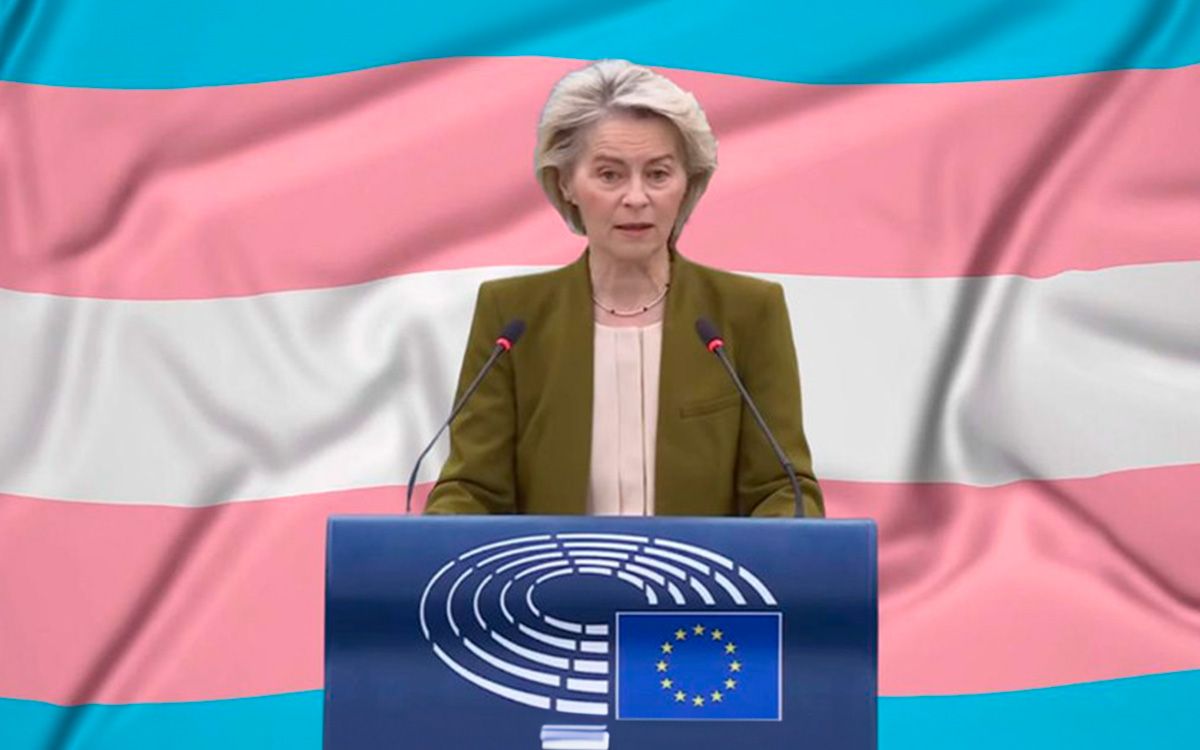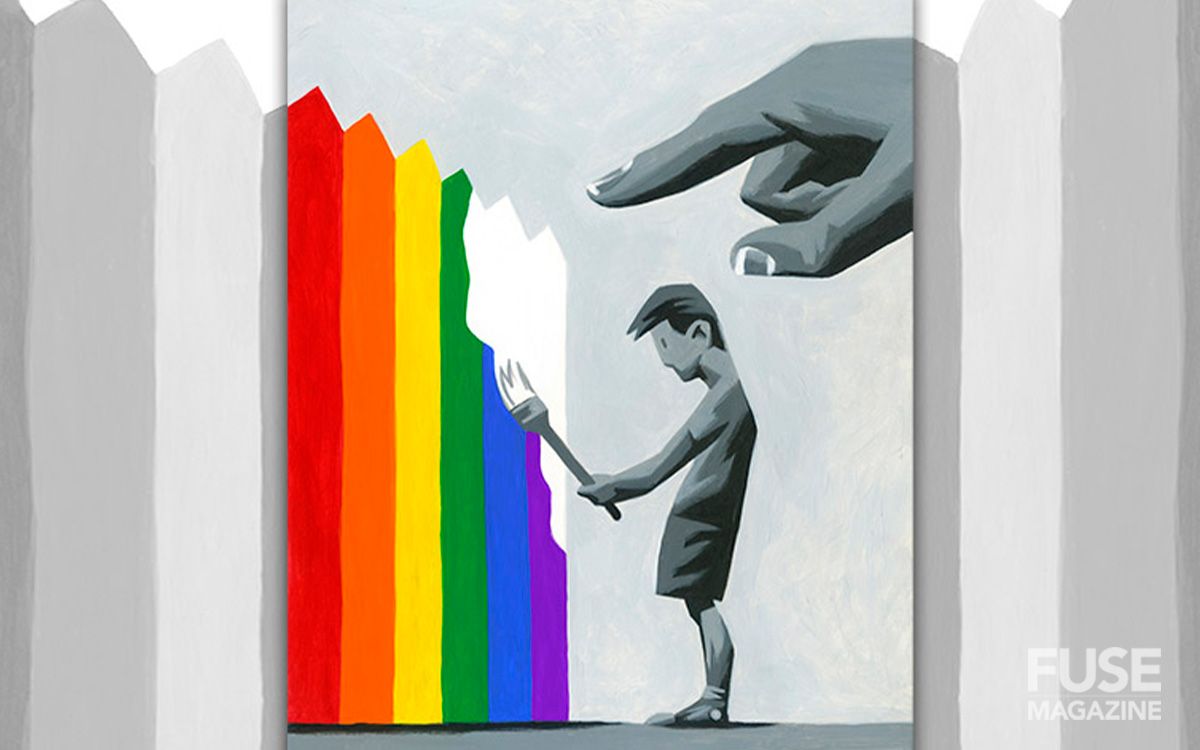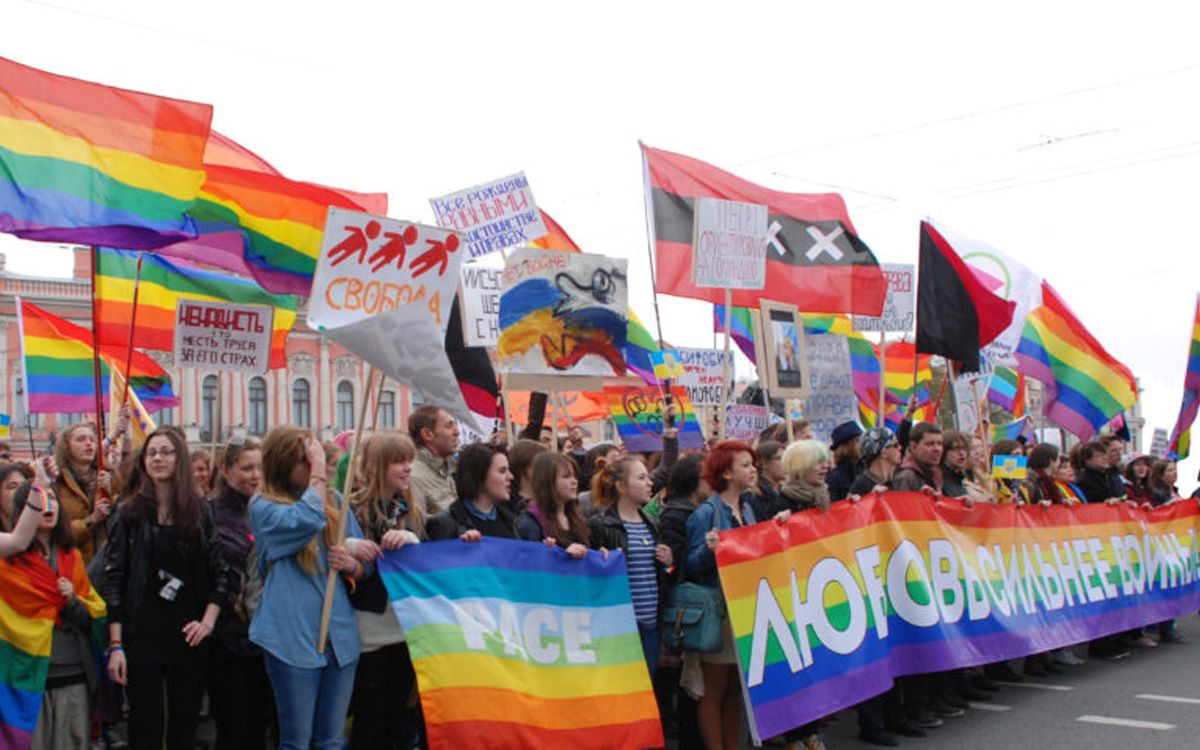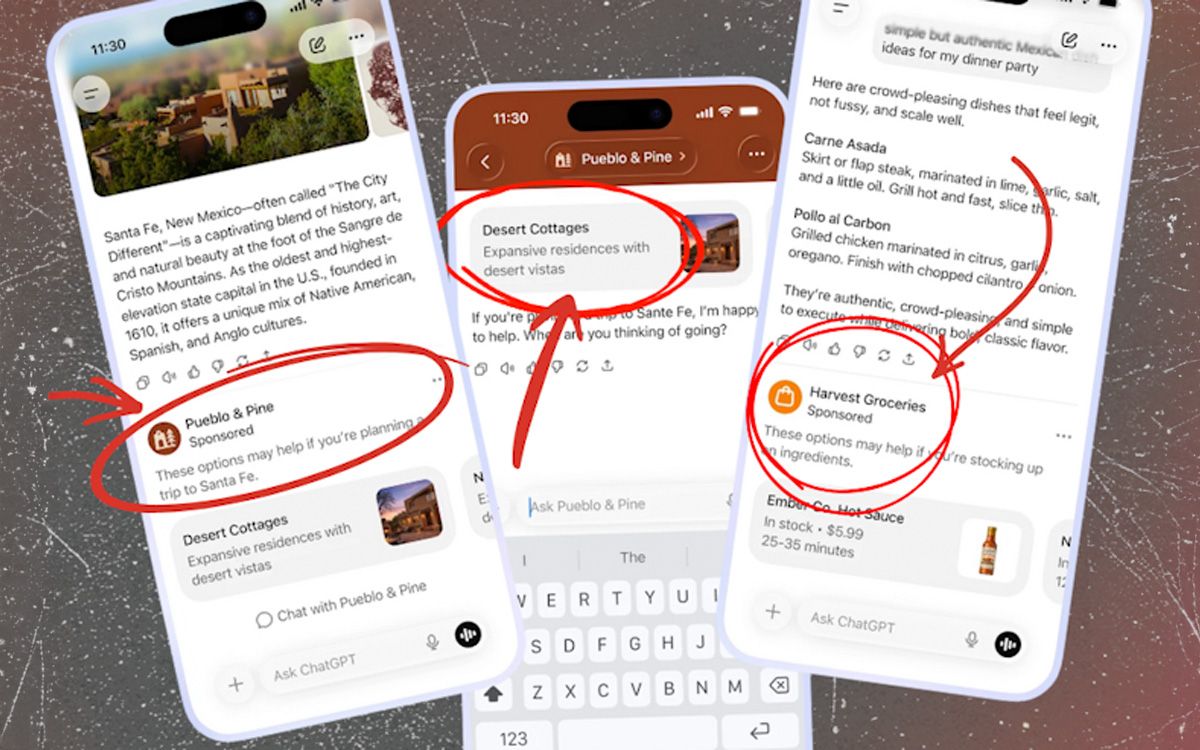Grindr’s ultimatum backfires
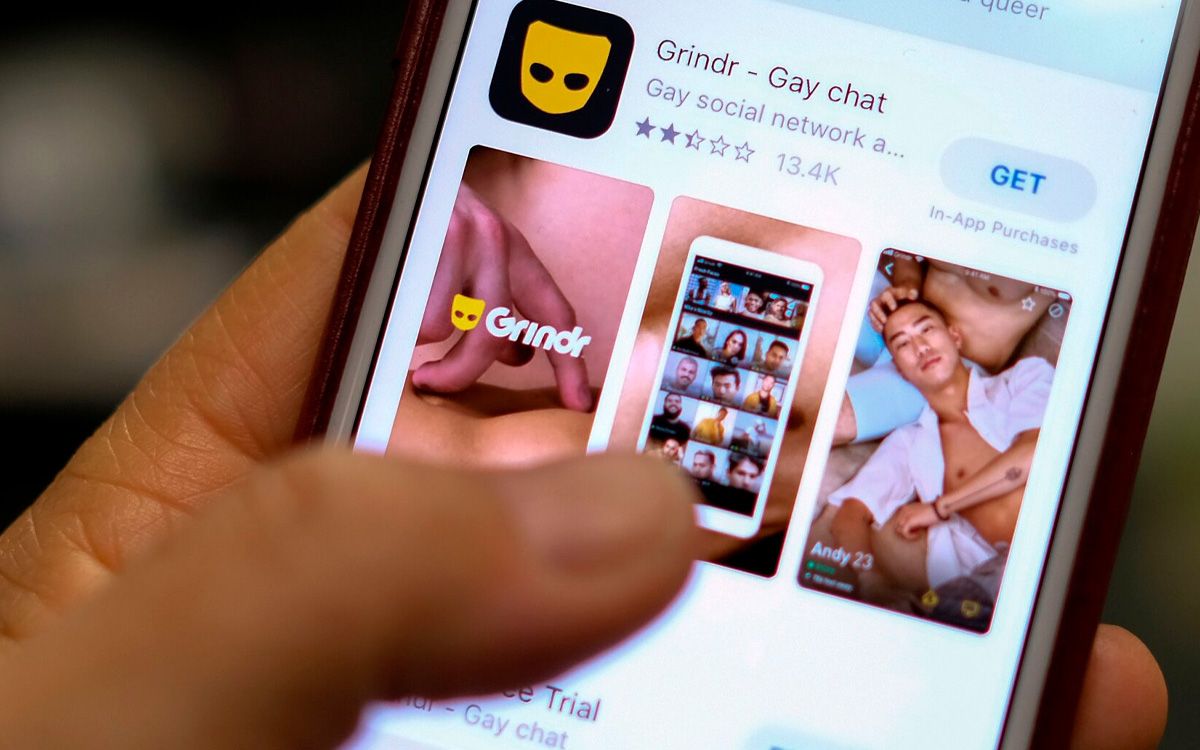
Grindr recently made headlines when it delivered an abrupt return-to-office ultimatum to its remote staff. The ultimatum required employees to pledge to work in the office for at least two days a week starting in October or face job termination. This drastic move has led to the layoff of approximately 46% of Grindr's workforce, totaling 82 out of 178 employees who declined to comply with the mandate.
The impact of this policy change extends beyond employment numbers. It has also cast a shadow over Grindr's reputation for maintaining a unique and queer-friendly workplace culture—a rarity in the tech industry. Some employees argue that the company's decision is hypocritical, given the current political climate marked by a surge in homophobic and transphobic attacks. Asking LGBTQ+ staff to uproot their lives and abandon their support networks in such an environment has raised ethical questions.
In response to these developments, the Communications Workers of America (CWA), representing the affected employees, has taken action. The CWA filed two unfair labor practice charges with the US National Labor Relations Board (NLRB) against Grindr. These charges allege that Grindr unlawfully stifled discussions of working conditions within company communication channels and imposed restrictive severance agreements on departing employees.
Grindr did offer a relocation stipend to those who chose to remain with the company and six months of severance pay to those who did not commit to in-office work. Company spokesperson Sarah Bauer emphasized that the return-to-office plan was unrelated to the workers' decision to unionize. She stated, "We respect and support our team members' rights to make their own decision about union representation."
However, the abruptness of Grindr's policy change has taken many by surprise. Employees recall that Grindr CEO George Arison announced the new policy over Zoom in August and quickly ended the meeting before staff could fully discuss the matter. Questions posted in Slack afterward were allegedly ignored, leaving employees feeling unheard and disregarded.
The policy change has disproportionately impacted union supporters, with nine out of 11 union organizing committee members being among those forced out. This has raised concerns about the suppression of union activities, as the company disabled the chat feature in Zoom during all-hands meetings following the announcement and only reinstated it after the terminated employees had departed.
For some employees, the ultimatum meant making a heart-wrenching choice between a beloved job and crucial support systems, including trusted doctors providing transgender medical care. The decision to leave Grindr was particularly painful for those who had found solace in a workplace where they felt accepted and normalized as LGBTQ+ individuals. The loss of this inclusive culture has left a void.
The situation has also led to questions about Grindr's commitment to its users and the LGBTQ+ community it serves. The abrupt demand that LGBTQ+ employees relocate for their jobs during a politically charged time appears to conflict with Grindr's mission of being closely connected to its users and community.
In light of these developments, the CWA's charges against Grindr underscore the importance of protecting employees' rights and workplace communication. These charges challenge the legality of severance agreements that potentially restrict employees from discussing company policies and plans with each other, the NLRB, and the union.
Grindr's recent policy shift and its consequences are not isolated incidents in the tech industry. Similar situations have arisen elsewhere, where companies have used return-to-office policies as tools for union-busting. This underscores the broader labor issues and challenges surrounding remote work, unionization, and the rights of workers in a rapidly evolving work environment.
Despite the conflicts and mass departures, some remaining employees remain hopeful about salvaging the unique culture they cherished at Grindr. The union is actively working to reverse the return-to-office policy and protect what Grindr stands for—an inclusive and supportive space for LGBTQ+ individuals to be themselves without fear or reservation.




